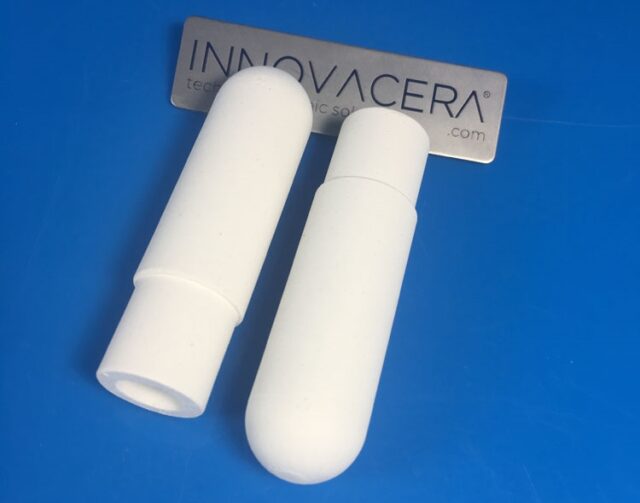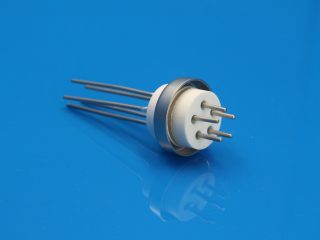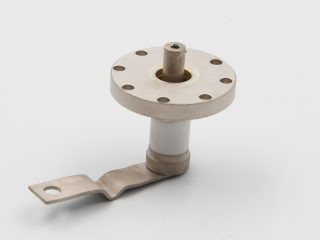Microporous ceramics refer to ceramic bodies that contain a large number of open or closed tiny pores inside or on the surface of the ceramic. The pore diameter is generally micron or sub-micron. It is a functional structural ceramic. Microporous ceramic has adsorption, breathability, corrosion resistance, environmental compatibility, biocompatibility, etc. It is widely used in filtration of various liquids, filtration of gases and immobilization of organisms. Enzyme carriers and biologically adaptable carriers have been widely used, especially in environmental engineering, such as industrial water, domestic water treatment, sewage purification, etc. With the development of science and technology and industrial production, issues such as energy, resources, and three waste management have received more attention. In particular, the rapid development of high-tech fields such as biochemicals, fine chemicals, and energy materials has put forward higher requirements for the research and development of liquid and solid separation technologies, micropore filtration technology and micropore filtration with high separation accuracy and high operating efficiency. Materials are attracting more and more attention.

Features of microporous filter tube:
1. The microporous ceramic filter tube has countless micropores evenly distributed in the network state, and the pore diameter is slender and curved, with good penetration and capillary characteristics, so that the solid particles form an arch bridge shape in the micropore diameter, which has little impact on the filtration rate.
2. The microporous ceramic filter tube has high temperature resistance, corrosion resistance, no deformation, easy cleaning and regeneration, long service life, no harmful substances leaching out, and no secondary pollution.
3. The microporous ceramic filter tube is easy to regenerate. It is usually backflushed once every three months. It only needs to be backflushed with water or compressed air after sedimentation, and it can be restored to its original state and continued to be used.
4. Microporous filter tubes are mainly used in refining, chemical industry, synthetic rubber, textiles, pharmaceuticals, and food processing.
Microporous ceramic materials have a large application market in many fields due to their high porosity, low air permeability resistance, controllable pore size, easy cleaning and regeneration, and resistance to high temperature, high pressure, and chemical media corrosion. Ceramic microfiltration technology and ceramic filtration devices using microporous ceramic materials as filter media not only solve difficult filtration problems such as high temperature, high pressure, strong acid and alkali, and chemical solvent media, but also have high filtration accuracy, good cleanliness, and With the characteristics of easy cleaning and long service life, it has been widely used in petroleum, chemical industry, pharmaceutical, food, environmental protection, water treatment and other fields. Filtration ceramics have a long service life and good heat resistance and corrosion resistance. They can be used in the filtration and separation processes in domestic sewage, industrial wastewater and exhaust gas treatment, especially in the separation of carbon dioxide, nitrogen oxides, sulfur dioxide, nitrogen and other gases in high-temperature flue gas treatment. Filter ceramics must be used.
Microporous ceramic materials have a large application market in many fields due to their high porosity, low air permeability resistance, controllable pore size, easy cleaning and regeneration, and resistance to high temperature, high pressure, and chemical media corrosion. Ceramic microfiltration technology and ceramic filtration devices using microporous ceramic materials as filter media not only solve difficult filtration problems such as high temperature, high pressure, strong acid and alkali, and chemical solvent media, but also have high filtration accuracy, good cleanliness, and It is easy to clean and has a long service life. It has been widely used in petroleum, chemical industry, pharmaceutical, food, environmental protection, water treatment and other fields.




 Enquiry
Enquiry